“Plant-based” and “vegan” are often used interchangeably and they also have very different definitions. In this post, we’ll explore what these differences are.
Veganism, as well as consuming more plants and fewer animal products, have been becoming more popular over the past years. More and more restaurants are offering vegan options on their menus. More and more vegan versions of your favorite food are popping up in the store each day. The number of people that are on a vegan or plant-based diet is increasing by the day. While some people use the term vegan, others say plant-based. But is there a difference? And if so, what is it?
In short: yes, there is a difference. When anything becomes more popular, different interpretations or branches are almost inevitable. But, what does it really mean to be vegan or plant-based? Let’s find out!
Ethical Vegans
Sadly, there is no easy way to answer that. A broad differentiation would be that vegans don’t consume any animal products, that includes food, but also clothing, cosmetics as well as home décor like blankets or carpets that contain any animal fiber. Therefore, vegans also don’t buy leather shoes or woollen jumpers – but they might still have some of those from their pre-vegan days.
The main reason people adopt a vegan lifestyle (note: it is more than just a diet) is usually for animal rights. They don’t want to support a system that exploits animals and treats them as products and objects. And while veganism is an ethical movement, some people start eating plant-based for a lot of other reasons, such as for the environment or their health.
Plant-based for health
This is where for a lot of people, the word “plant-based” comes to use. Plant-based usually refers to someone’s diet, rather than their lifestyle. In other words, people on a plant-based diet could still consume animal products in small quantities and use animal products as items of clothing.
And another very important point where there is a lot of difference of opinion is when it comes to making exceptions from their diet. While a strict vegan wouldn’t eat any food containing animal products in certain situations like at a birthday party, a plant-based eater might.
If we look at the difference between plant-based and vegan, it becomes rather obvious that you cannot really make an exception on a lifestyle, but maybe on a diet. Although nothing is black and white, which makes the differentiation even harder. Why even divide, you ask? Because this can lead to confusion for people when some say that they are vegan, but occasionally do eat animal products. But what is the problem with that?
Why the divide between plant-based vs. vegan?
Vegans commonly are people that care very, very deeply about animals and their mistreatment. It can be a very emotional subject connected to pain, suffering and, inevitably, death. This might shed a light on why someone would get upset about someone else that wasn’t really 100% true to their cause.
Similarly, how you would consider yourself a feminist but not take a break now and then to allow yourself the occasional sexist comment. Another side effect of someone saying they’re vegan but really being plant-based is that non-vegans then start to assume that other vegans too make exceptions and potentially don’t take their lifestyle choices as seriously or even feed them non-vegan food.
Definition matters
So, in some way, the definition does matter. Say, on a menu, there is a category called “plant-based”. If a vegan thought that it was a synonym for vegan, they might order something from the menu thinking it didn’t contain any animal products – but it did.
They might get upset when finding out that this wasn’t the case, while someone on a plant-based diet might not react that way. Using the terms “plant-based” or “vegan” as a label might seem silly to some, but if you think of a topic that is very dear to your heart, maybe you can relate.
What does plant-based mean to me?
Even though I consider myself both a plant-based eater as well as a vegan, why do I use the term plant-based? Because I think a diet that still allows some animal products or flexibility is more accessible to most people than a strict vegan diet.
While some of my clients maintain a plant-based diet, others transition into ethical vegans that also fight for animal rights. Both of those are equal to me and I judge neither. I just want them to find what works for them individually and don’t want to be dogmatic in my practice.
However, that doesn’t mean that I don’t offer advice for those that want to know more about the animal industry or point out its problems. I originally went plant-based for my health but the more I learned about the animal agriculture industry the more this “diet” became less about me.
At the end of the day, it’s a choice and I am here to support each one of them. Because introducing more plants into your diet will not only benefit your physical health but will also have a positive impact on the environment and cause less harm to animals.
So, every step in that direction is right by me. We have so much division in our modern world as it is, food and lifestyle don’t have to play such a big part in that.









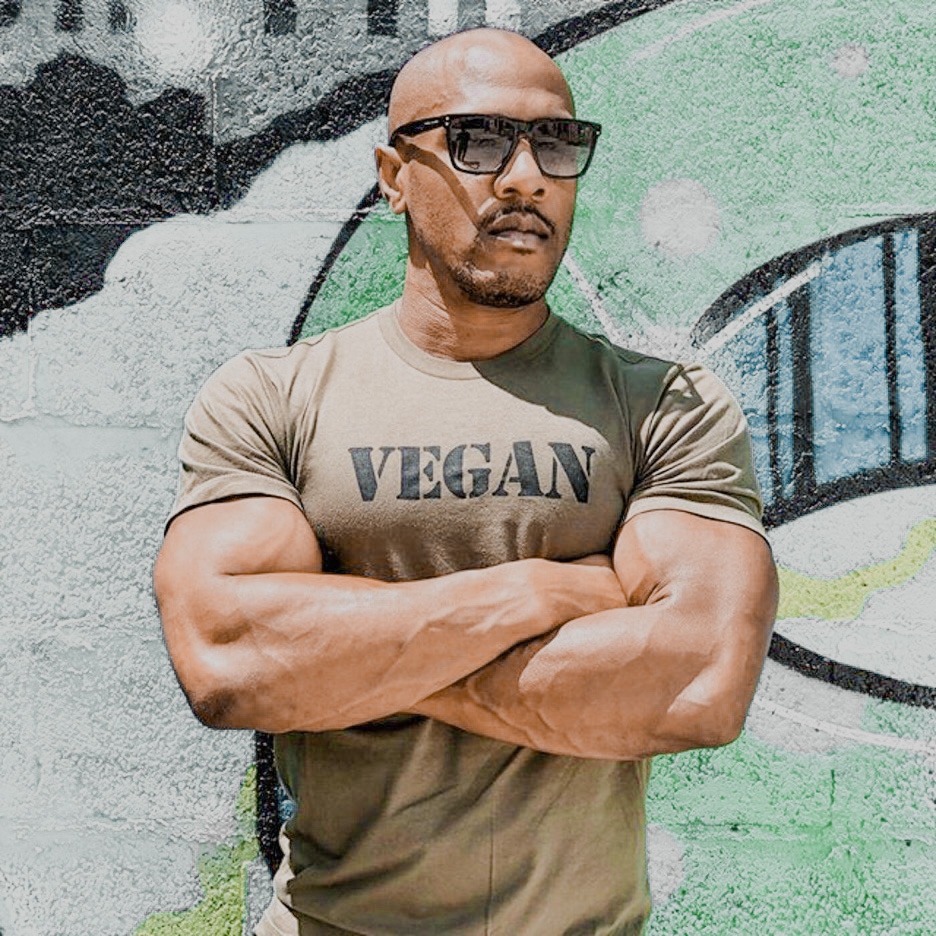


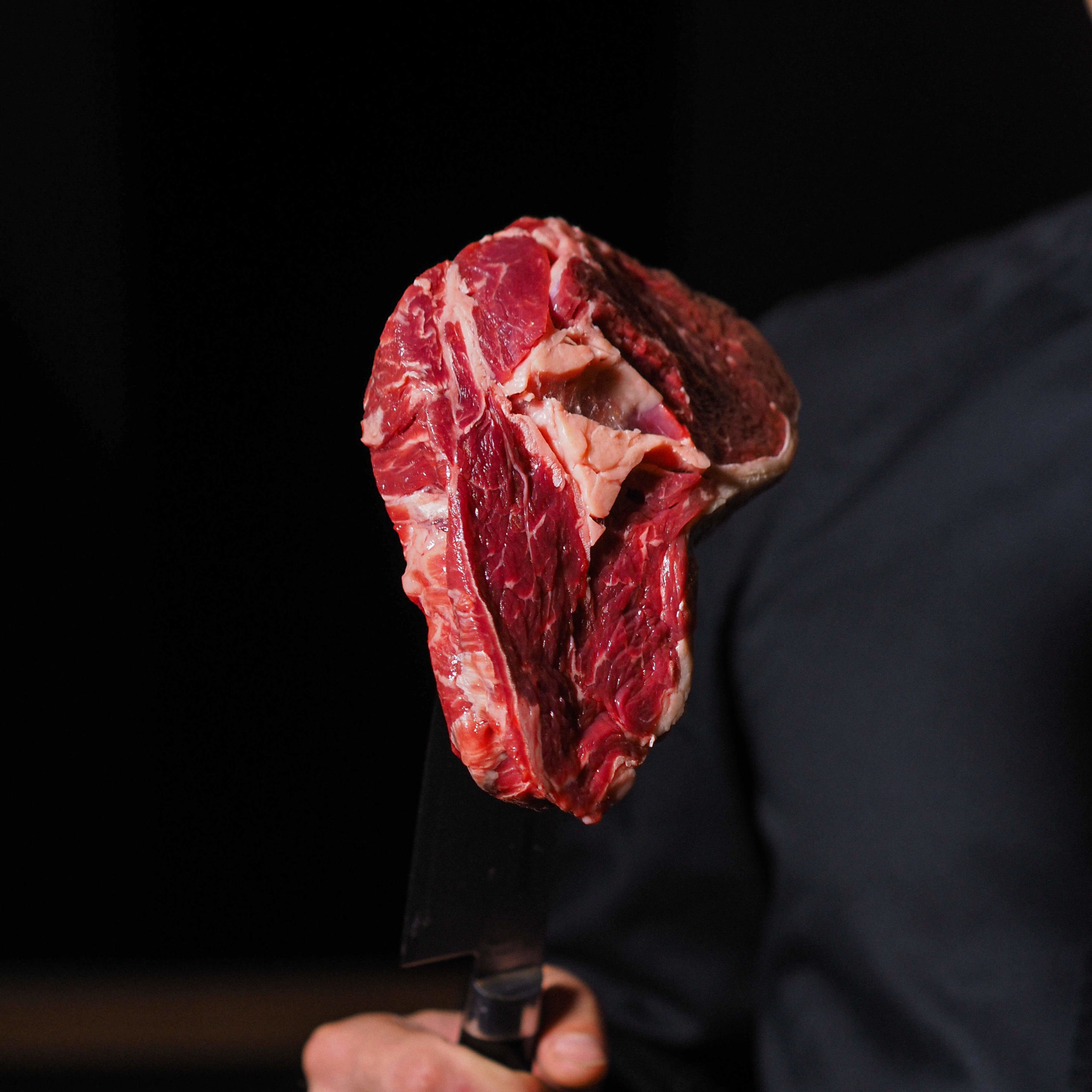





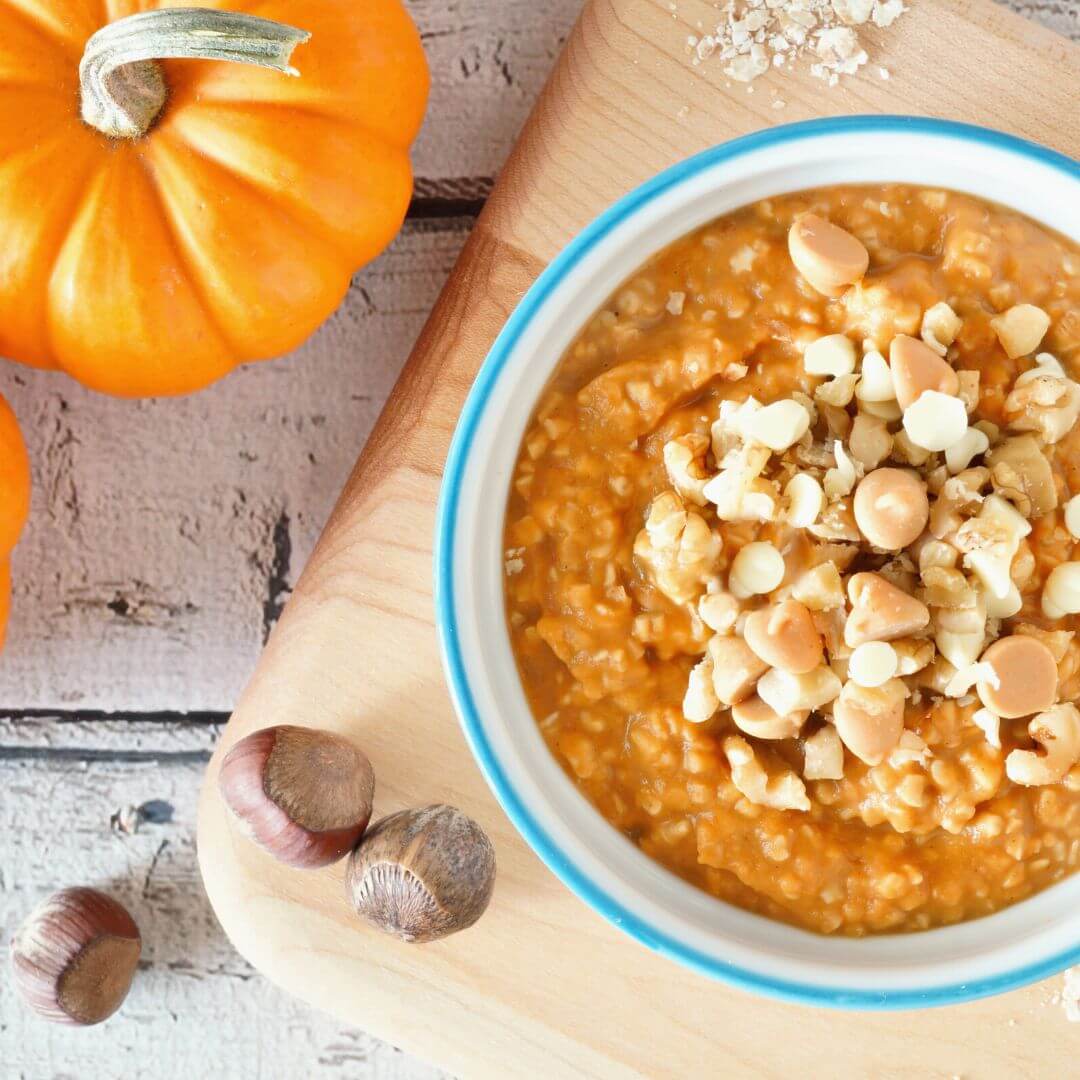

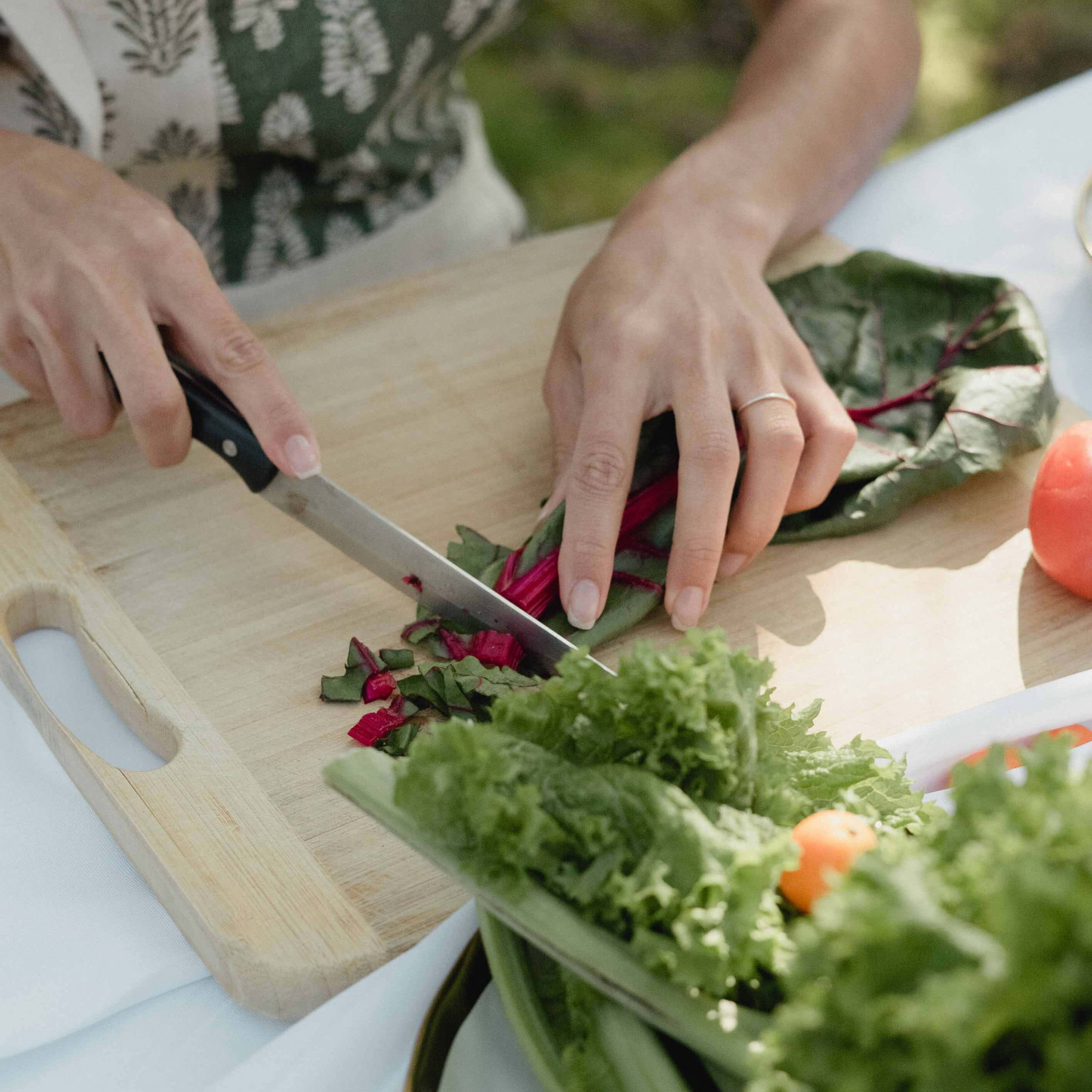

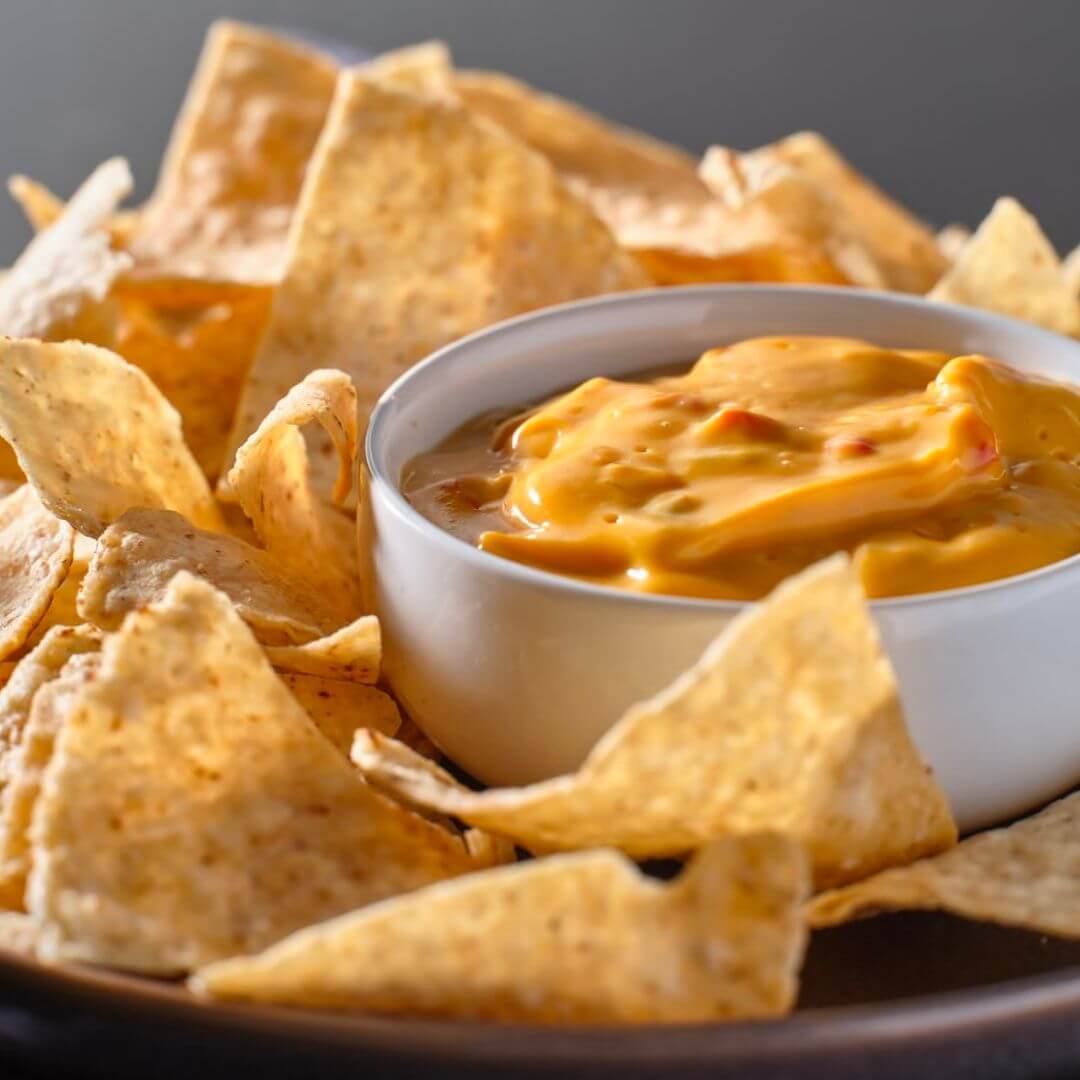
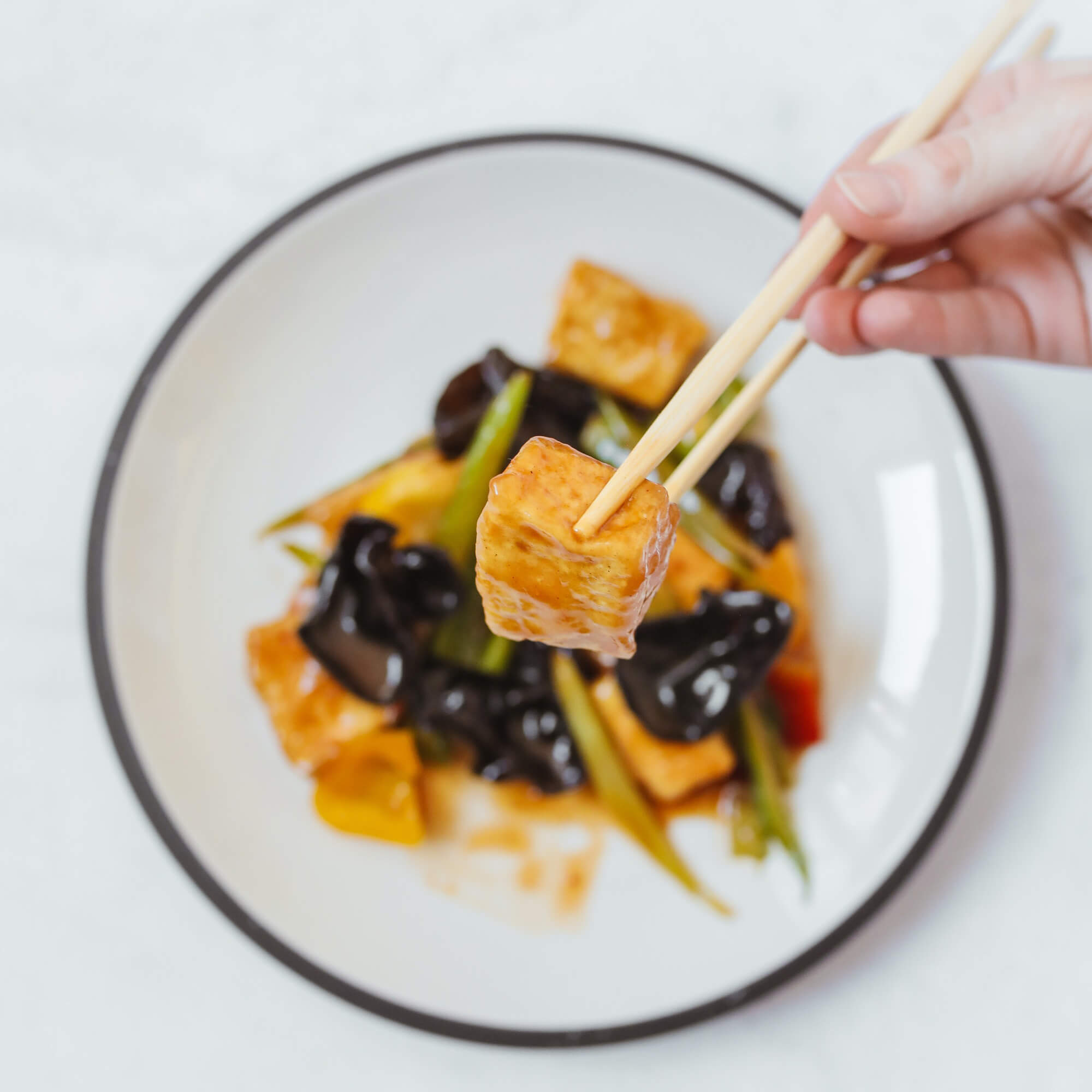


share
click to LEAVE A COMMENT